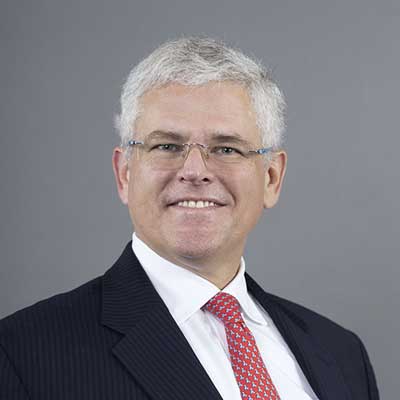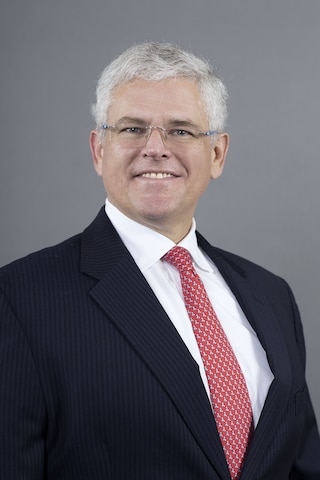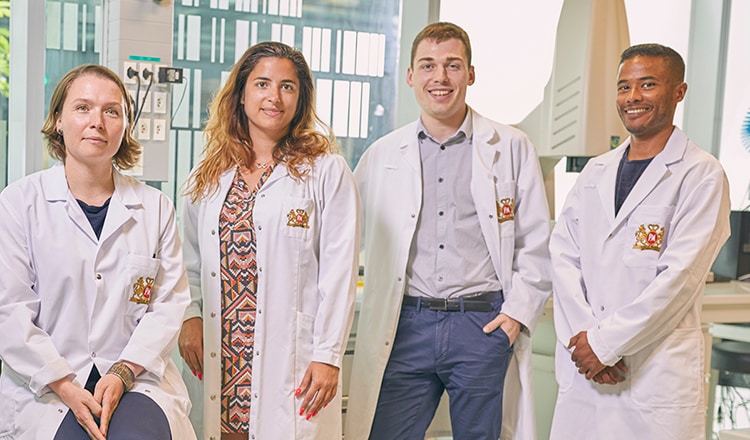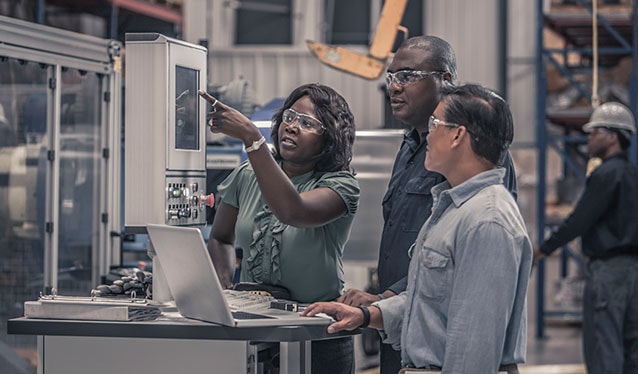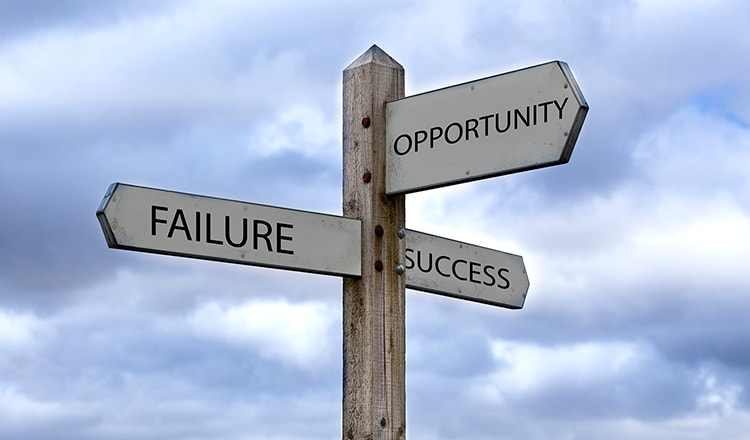Innovation brings challenges, but it has also been critical in delivering better solutions.
As the world evolves, we must work together to overcome these challenges. Through innovation, we can streamline concepts to achieve tangible results.
COVID-19 has created instability and uncertainty across the globe. And, while the pandemic’s consequences have been both devastating and saddening, it has also provided us a path to trade-in the status quo for long-overdue conversations on how to improve every aspect of our lives.
The ways we work, educate, interact, and even eat and sleep have changed. What’s referred to as the “new normal”—and often with a dispirited tone—is in reality an opportunity to deliver “better.”
No time like the present to establish new models
Last year, I had the honor of joining more than 130 global leaders and influencers at the virtual Congressional Hispanic Caucus Institute 2020 Leadership Conference to speak on a panel titled “Disruptive Innovation: Re-inventing Businesses in an Unpredictable Era.”
On the panel, former Chief Education Evangelist at Google, Jaime Casap, said, “The pandemic is the greatest thing to happen to education. I know it doesn’t seem like it right now, but you have to think long-term.
“We’re starting to recognize this old system that we have—we can’t just take that and put it online. That doesn’t work.”
Mr. Casap explained that this situation would stimulate new ideas and solutions to the constant challenge of improving education, ultimately establishing new models for society.
In other words, regardless of the activity or process, we cannot get locked in to doing the same old things. The saying “if it ain’t broke, don’t fix it” no longer applies. We now live in an age of constant maintenance and updates, and our actions and pursuits require the same approach.
Harnessing the might of the collective
As we collectively shift from our reactive past to our proactive future, we must enlist the ideas of the many, rather than the received wisdom of the few.
Currently, some people believe innovation can only happen in Silicon Valley and other tech hubs. Or that it is specific to cities and not rural areas. This could not be further from the truth. Innovation is not geographical—it’s a mindset.
By instilling a disruptive mindset in our workforce, we can create environments that foster innovation.
However, positive transformation also demands that we as a society take responsibility for creating dialogues, and for sharing our knowledge, perspectives, and ideas in order to find a better path forward.
Transforming PMI to rid the world of cigarettes
At PMI, we are focused on ensuring that we have the right organizational capabilities and mindset to maintain our clarity of purpose. This alignment allows us to best execute our purpose—delivering a smoke-free future.
The World Health Organization estimates that there will still be over one billion smokers in 2025, with nine out of 10 smokers continuing to smoke in any given year. i
Today, science and technology—and the investment of billions of dollars in research and development—have made it possible to provide smokers with science-backed better alternatives than continuing to smoke.
With a desire to do what’s best for our consumers, shareholders, employees, and the general public, we knew we had to innovate not just our products, but our entire company.
As a result, in 2016, we announced our commitment to transition away from cigarettes to these better alternatives. We remain the only tobacco company to have done so.
We are clear that the best choice is not to start smoking. If you do smoke, you should quit. But if you don’t quit, you should change to a better alternative. We have disrupted our business to help deliver a smoke-free future as quickly as possible—shifting our resources and fundamentally changing both our purpose and our operations.
As of December 31, 2020, PMI has invested more than USD 8.1 billion into the science, research, and deployment of our smoke-free products. Since 2014, we've gone from zero percent of our net revenue coming from smoke-free products to over a quarter as at the end of March 2021. This is a testament to our transformation.
But to fully achieve our goal of a smoke-free future, we must disrupt the status quo. The binary “quit-or-carry-on” mindset of the past has no place in today’s world.
Open fact-based dialogue is urgently needed
Public health will only be improved if those adults who would otherwise continue smoking switch to better alternatives. This means convincing consumers to change their behavior.
Therefore, a new conversation on smoking is urgently needed, and all voices must be heard.
We need to focus on doing better for the hundreds of millions of men and women globally who would otherwise continue to smoke cigarettes—the most harmful form of nicotine consumption.
Whatever the issue, business has a vital role to play in advancing progress, but no one company or sector can do it alone.
Big changes such as these start with an open, honest conversation.
By inviting civil discussions, we can engage with the broader community—including forward-thinking, innovative, and disruptive individuals and entities, and other stakeholders at every level—and demonstrate our innovation. This will spark conversations about positive changes that can benefit society as a whole. So let’s make it happen.
*Martin King retired on August 31, 2021.
i WHO Global Report on Trends in Prevalence of Tobacco Smoking 2000-2025, 2018.
